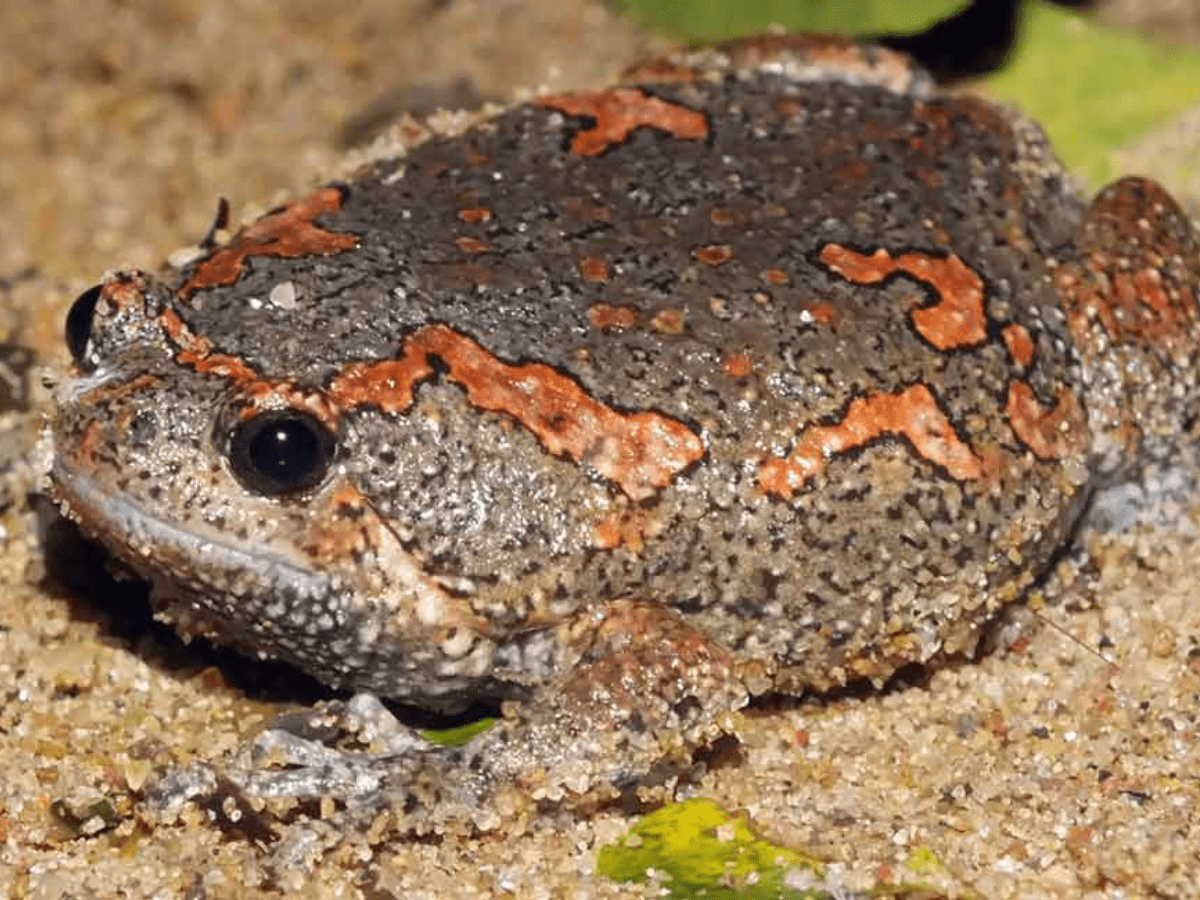
Hyderabad: Researchers from Osmania University (OU) have for the first time identified up to 98 species of herpetofauna, including frogs, toads, lizards, and snakes, proving that Telangana is home to a wide variety of amphibians and reptiles.
According to the research paper released by The Journal of Threatened Taxa, the 98 species include 35 lizard species, 40 snake species, 1 species of crocodile, 16 species of frogs and toads from four families, 6 species of turtles and tortoises, and 1 species of crocodile.
Lead author of the study and associate professor of zoology at Osmania University (OU) College of Science, Dr. C. Srinivasulu, said, “This work for the first time describes the herpetofauna in total and gives the baseline database on this significant group of species.
“The accepted English and Telugu names of the species were also provided, along with the IUCN status, whether or not the species was included in the Indian Wildlife Protection Act and CITES, and whether or not it was endemic,” said the director of the Centre for Biodiversity and Conservation Studies at OU,Dr Srinivasulu.
Dr Srinivasulu stated that three species of lizards, Hemidactylus flavicaudus, Hemidactylus xericolus, and Hemidactylus aemulus, were indigenous to Telangana out of the 98 species of herpetofauna that had been documented from the state.
He claimed that since amphibians served as indicators of the health of ecosystems and the degree of pollution, there was a greater need for research on them.
The significant fall in amphibian populations in the state is due, in part, to the indiscriminate use of chemical fertilisers and pesticides in agricultural areas, the disposal of industrial waste in water bodies, encroachment, and the conversion of water bodies into human settlements.
Dr G. Chethan Kumar who had completed his PhD research on indigenous large-bodied Hemidactylus lizards under the direction of Srinivasulu is a co-author of the study.

